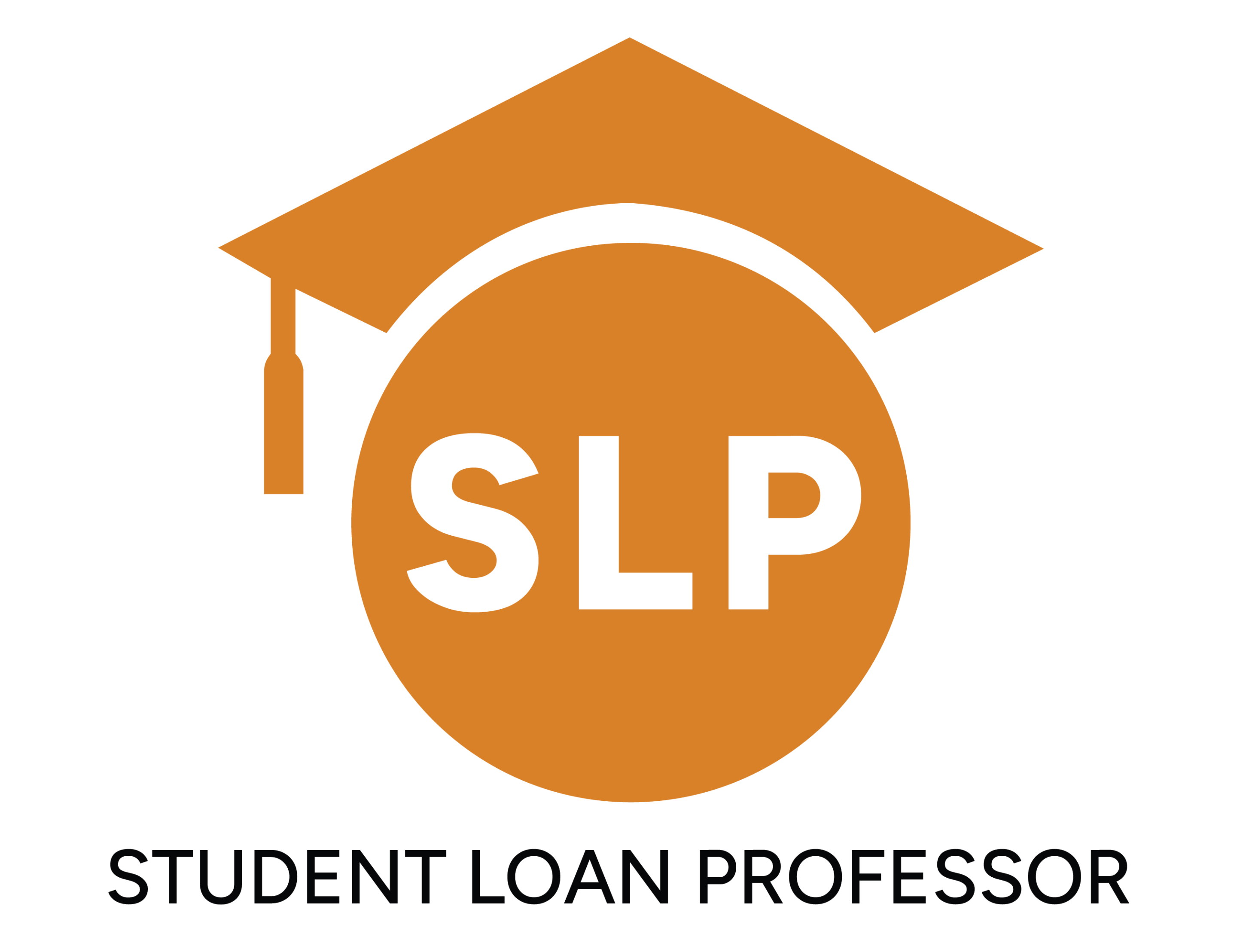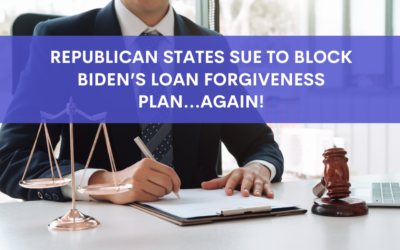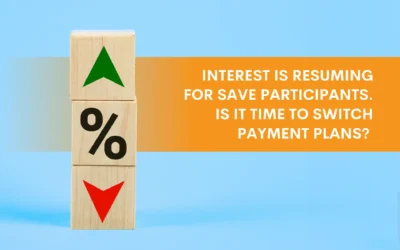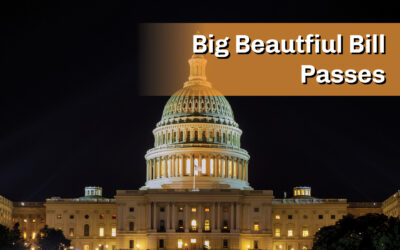Trump’s Executive Order Limiting PSLF: What Borrowers Need to Know
Just when we thought student loan policy couldn’t get more political or controversial, we now find ourselves discussing gender-affirming care in relation to Public Service Loan Forgiveness (PSLF). Given the sensitivity of this topic, we’ll approach it carefully while focusing on how this new policy could impact borrowers.
On March 7th, President Trump signed an executive order (EO) attempting to block PSLF eligibility for employees of organizations that engage in “activities that have a substantial illegal purpose.” While media coverage has primarily linked this EO to terrorism and illegal immigration, one clause specifically mentions healthcare:
“(c) child abuse, including the chemical and surgical castration or mutilation of children or the trafficking of children to so-called transgender sanctuary States for purposes of emancipation from their lawful parents, in violation of applicable law;”
This EO raises significant concerns for healthcare providers employed by organizations that offer gender-affirming care. This is obviously a very delicate issue that some would deem as lifesaving care while others argue it is (or should be considered) child abuse. But the fact is many institutions currently offer this care. And more importantly, it doesn’t just target individual providers: it applies to entire organizations.
If enforced, this order could immediately halt PSLF credit accumulation for all W-2 employees at affected institutions and might even retroactively impact uncertified PSLF periods. The Department of Education (DOE) will need to clarify how this will be handled.
What Could Happen Next?
Several key factors could limit or overturn this EO before it has lasting effects:
- Congress, Not the President, Governs PSLF: Historically, substantial PSLF changes require congressional approval. While the Biden administration did expand PSLF eligibility in certain states without facing legal challenges, this new restriction will almost certainly be contested.
- Potential First Amendment Violations: Legal experts argue that blocking PSLF eligibility based on an organization’s services, rather than unlawful activity, could be unconstitutional. Expect legal challenges that could delay or overturn the order.
- Employer Policy Shifts: Given the broader political climate, some healthcare organizations may reconsider offering gender-affirming care, at least through 2028. Borrowers should monitor any changes at their specific workplace.
- Future Reversals Are Likely: If this EO sets a precedent for executive action on PSLF, future administrations could just as easily reverse it. If that happens, borrowers may regain the ability to certify previous employment periods.
Final Thoughts
There’s no need to panic or abandon PSLF just yet. This EO is likely to face significant legal hurdles before any real impact is felt. Given the controversial nature of this policy, multiple court battles are almost guaranteed, and legal proceedings can take time.
As always, we’ll continue tracking this story closely to keep borrowers informed on any developments. Stay tuned for updates as this situation unfolds.
July 10th Update
While the country was laser-focused on the drama surrounding the Big Beautiful Bill, the Department of Education quietly continued its negotiated rulemaking process to formalize the PSLF changes proposed in President Trump’s executive order. Although we maintain that only Congress—not the DOE or the administration—has the authority to make structural changes to PSLF, it’s clear this administration is moving full steam ahead.
According to the DOE’s July 2nd press release, they’re currently drafting formal language for the proposed rules, which will soon enter the public comment phase. The goal is to finalize these rules by the November 1st deadline, with changes scheduled to go into effect on July 1st, 2026.
Here’s the most important part: No one will lose PSLF credit before 7/1/2026. The key date to watch is when the DOE officially determines that an employer is ineligible. The current language indicates that any qualifying work performed before that determination would still count toward PSLF.
We’ll continue to track this closely and keep you in the loop. Stay tuned.
Brandon Barfield is the President and Co-Founder of Student Loan Professor, and is nationally known as student loan expert for graduate health professions. Since 2011, Brandon has given hundreds of loan repayment presentations for schools, hospitals, and medical conferences across the country. With his diverse background in financial aid, financial planning and student loan advisory, Brandon has a broad understanding of the intricacies surrounding student loans, loan repayment strategies, and how they should be considered when graduates make other financial decisions.





